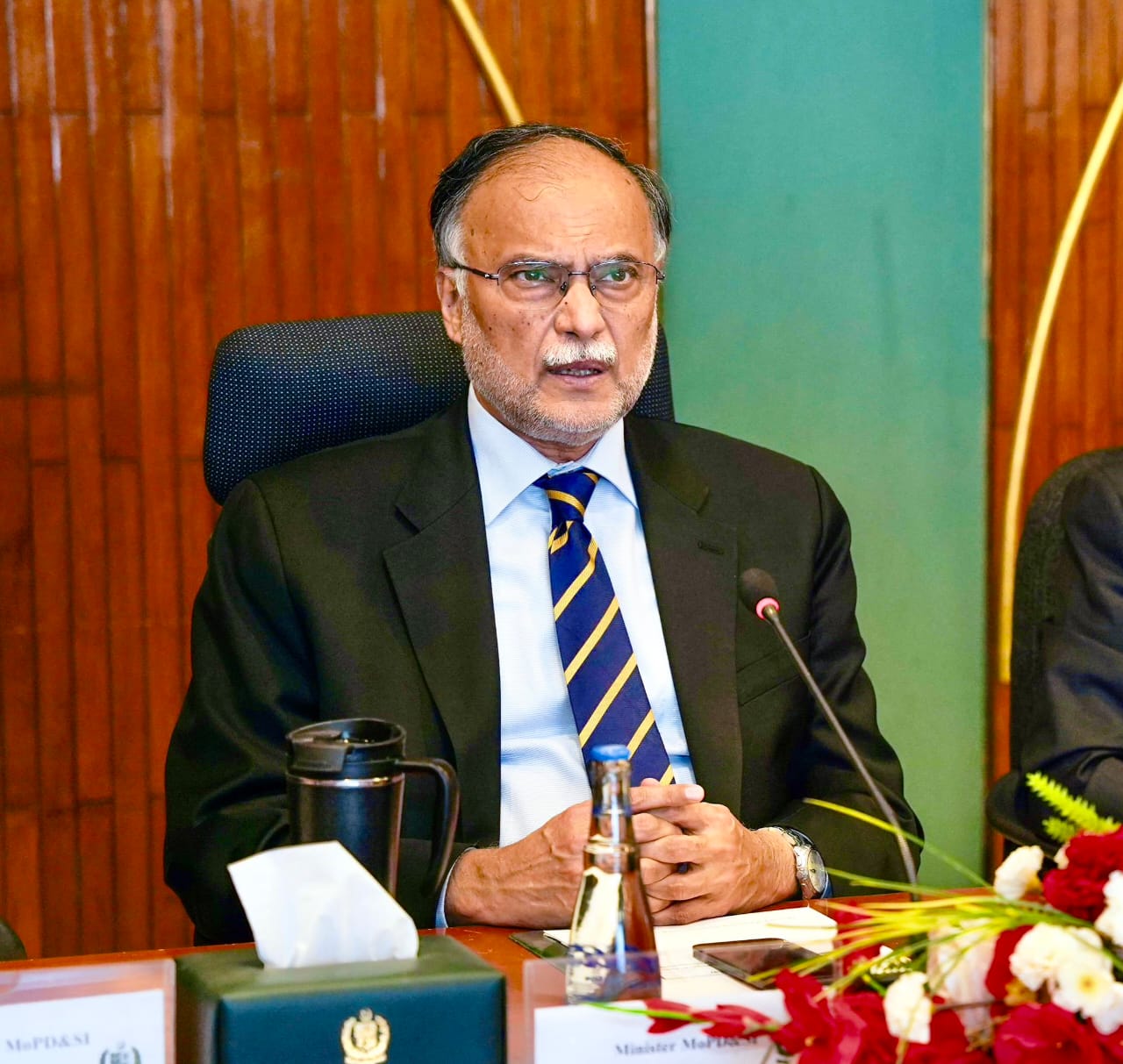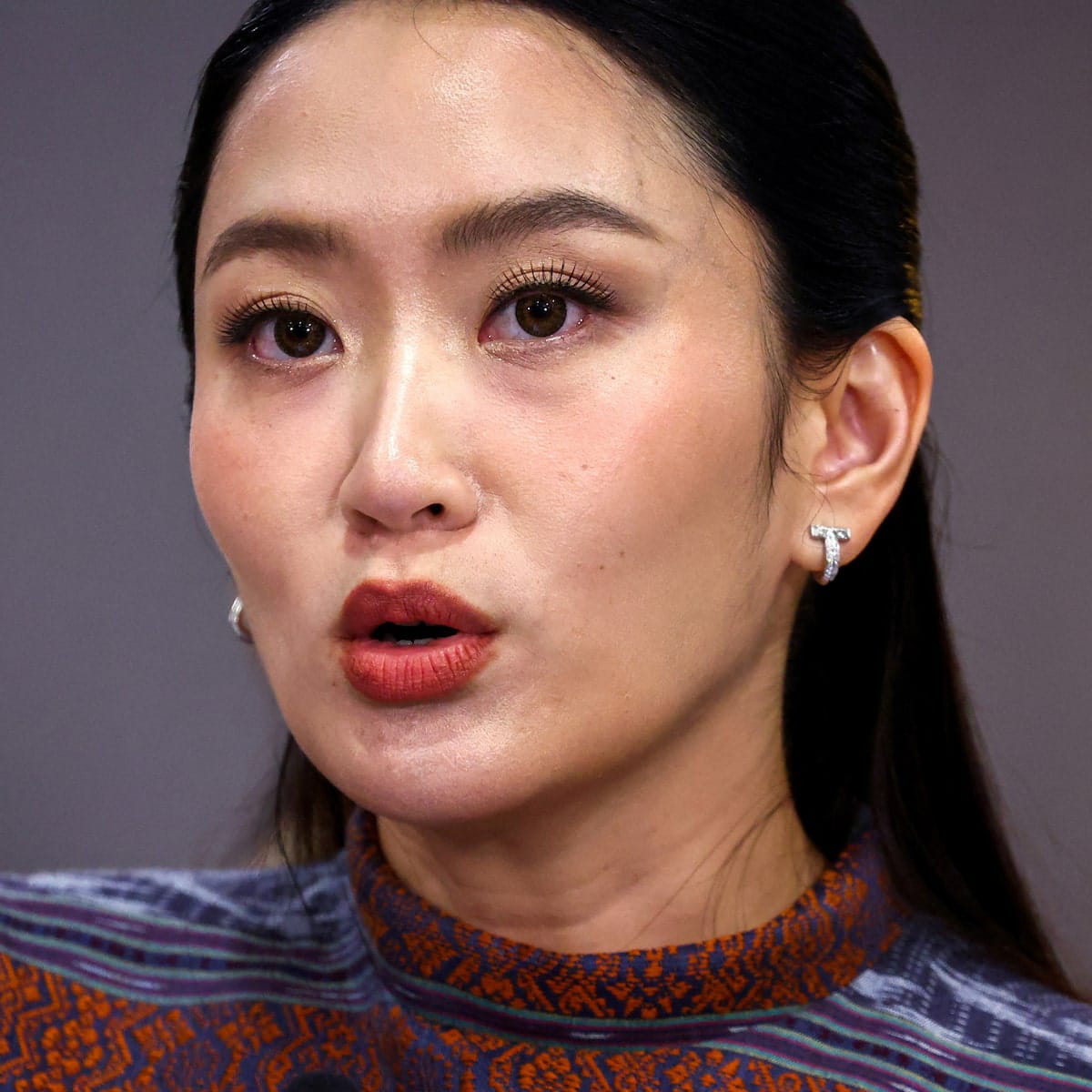By Ahsan Iqbal
Allama Muhammad Iqbal—renowned poet-philosopher, jurist and one of the most original Muslim thinkers of the 20th century—remains a guiding light for societies seeking moral and economic revival. For Iqbal, true progress was never simply about accumulating wealth; it was the unfolding of human potential, the restoration of collective dignity and the strengthening of the self. He viewed poverty not just as material lack, but as a deep wound to creativity, spirit and identity.
In his early Urdu treatise on economics, Ilmul Iqtisad, Iqbal posited that economic strength is rooted in intellectual courage and moral purpose. He argued that the decline of a nation begins when it loses its capacity to ask questions and its belief in its own creative mission. More than a century later, Pakistan finds itself at a similar crossroads: the crisis it faces is not merely fiscal, but civilisational.
Pakistan currently grapples with deep-seated challenges—fiscal stress, mounting debt, sluggish productivity and institutional inertia. But underlying all of this is a greater crisis: a collective erosion of confidence and agency. As a young nation—with a youth population exceeding 140 million—it stands between aspiration and disillusionment.
To move forward, we must reclaim what Iqbal called khudi—a disciplined, responsible and creative selfhood, a moral autonomy anchored in purpose. Khudi is not egoism, but self-respect and self-transformation: the conviction that individuals and nations can reshape their destiny through effort, courage and conviction. Iqbal’s brilliance lies in his ability to dialogue with modern thought while remaining firmly rooted in identity.
He engaged with thinkers like Immanuel Kant (moral autonomy), Friedrich Nietzsche (will to life), and Henri Bergson (creative evolution)—not to mimic, but to absorb, challenge and re-weave these ideas into a vision grounded in Islamic spirituality and human unity.
Iqbal’s approach is highly relevant to Pakistan today. We must avoid two extremes: either getting trapped in rigid traditions or blindly adopting imported technocratic models. Instead, we need an ethical, evidence-based, future-oriented framework that is authentically our own. That intellectual creativity is essential as we navigate a world shaped by disruptive technologies, shifting geopolitics and rapid social change.
The challenge is not only economic, but deeply moral: how this young nation defines its own purpose. Iqbal’s universal humanism—the idea that each individual possesses an infinite creative spark—underpins the foundation of an inclusive society. In Pakistan’s diverse and plural context, unity should not suppress difference, but celebrate it. True development must reach everyone—every region, class, gender and community. Justice must be the moral compass of progress, not its by-product.
The initiative URAAN Pakistan exemplifies this ethic. It’s not just a slogan or a list of projects—it’s a paradigm for purposeful development that starts with people, not infrastructure. It recognises that the true measure of progress is the expansion of citizens’ moral and material capacities.
URAAN Pakistan is about empowering youth with future-skills, building a digital and innovation-driven economy, reforming institutions for empathy and efficiency, strengthening public-private partnerships, and anchoring policy in equity, sustainability and inclusion. The core idea is simple yet powerful: economic revival must go hand-in-hand with ethical renewal. Without moral purpose, development is aimless; and without economic strength, purpose remains empty.
In Iqbal’s symbolism, the falcon (Shaheen) holds a profound lesson for our times. It stands for independent thought, strength of will, passion for discovery, discipline and dignity. In his Bal e Jibril, Iqbal writes:
“You are a falcon; flight is your vocation./ Beyond the skies you see lie skies yet unseen.”
For a country boasting one of the world’s largest youth populations, this is a call to awaken imagination and ambition. The youth bulge is Pakistan’s greatest asset—if equipped with knowledge, skills and purpose. If neglected, it becomes a source of frustration. The Shaheen does not chase comfort; it seeks height. It does not live off someone else’s mercy; it creates its own world. That is the ethic our youth must embrace if Pakistan is to thrive in a knowledge-driven age.
Iqbal believed that the destiny of nations is determined by their capacity for knowledge. In The Reconstruction of Religious Thought in Islam, he argued that Islam is dynamic, rational and future-oriented—it invites inquiry, reflection and discovery. Revelation is not the end of thought; it opens the door to intellectual journey.
Yet he also lamented the decline of the scientific spirit in the Muslim world:
“A cry descends from the heavens at dawn:/ How was your jewel of understanding lost?/ How did your blade of inquiry grow dull?
He drew a stark link between civilisation-building and the habit of inquiry:
“A new world dawns from new ideas./ Bricks and stones alone do not build civilisations.
In keeping with this, URAAN Pakistan is investing in AI, biotechnology, frontier technologies, research universities, digital governance, STEM education, innovation ecosystems, creative industries and startups.
If inquiry is Iqbal’s method, then for him the love of the Prophet Muhammad (pbuh) is its engine. His intellectual courage, spiritual confidence and civilisational imagination all found grounding in this devotion. He proclaimed:
“If you remain faithful to Muhammad [pbuh], then everything is yours./ What is this world before you? Even the Tablet and the Pen become yours.
For Iqbal, this is not mere poetic sentiment—it’s a philosophy of empowerment. Love of the Prophet (pbuh) is not ritual attachment, but alignment with values: justice, knowledge, compassion, courage and service. It is this alignment that unleashes khudi, sharpens purpose and gives a nation the moral energy to rise.
In his Reconstruction, Iqbal urged reopening the gates of ijtihad (independent reasoning), integrating scientific reasoning with spiritual values, aligning faith with progress and justice, and building a future-ready society grounded in ethics. He warned that stagnation sets in when religion loses its creative, ethical core. Governance inspired by Iqbal therefore demands institutions that are flexible, evidence-based, citizen-centred and future-oriented.
The doctrine of khudi carries profound economic implications. A nation dependent on borrowed ideas and borrowed confidence cannot rise with dignity. Economic sovereignty begins with intellectual sovereignty—the belief that we can think, innovate and build for ourselves. URAAN Pakistan aims to build this ecosystem by rewarding initiative, nurturing talent and honouring merit.
Iqbal envisioned a moral state founded on justice and compassion—not a theocracy, but an ethical polity. Pakistan must shift from colonial-style control-based administration to a performance-driven, technology-enabled, citizen-centred state. This transformation requires transparent governance, merit-based institutions, data-driven planning, accountability with empowerment and policy continuity.
In the end, Pakistan’s true progress will not be measured solely by GDP. Nations rise through conviction, character and cohesion. Our path to renewal begins with reclaiming khudi, reigniting inquiry, embracing the Shaheen spirit and drawing on the love of the Prophet (pbuh) that energized Iqbal’s entire vision. His call echoes across time: Rise. Act. Reclaim tomorrow.


